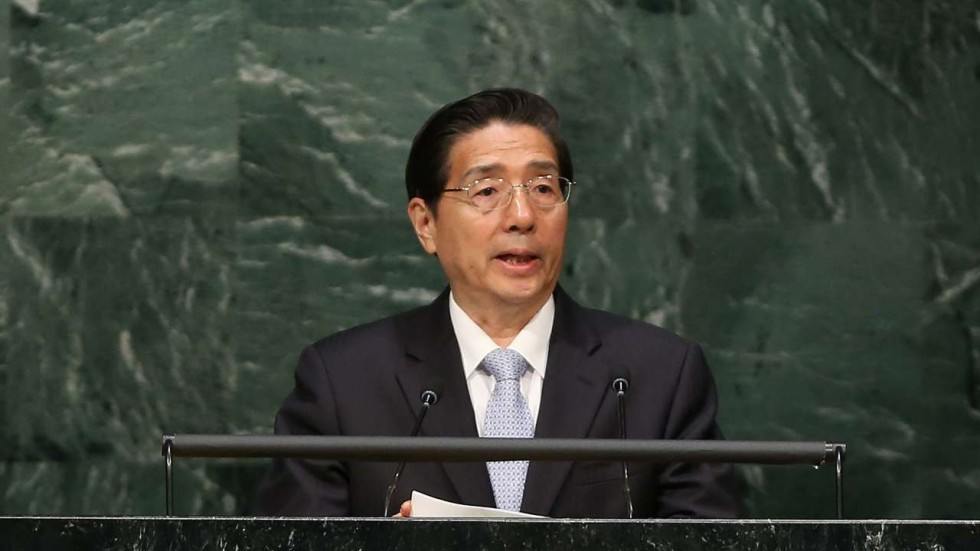Philippines Deports 55 Online Gambling “Economic Criminals” to China
Posted on: April 27, 2017, 05:00h.
Last updated on: April 27, 2017, 05:42h.
China’s Public Security Ministry has announced that Philippine authorities have deported 55 Chinese nationals that were arrested last week in the Freeport Area of Batan, a special economic zone north of the Philippine capital, Manila.

On April 14, Philippine immigration officers swooped on the offices of the Grand Innovasia Concept Corp (GICC), a company devoted to exploring “recreation, leisure resort(s), games and amusement center(s), particularly but not limited to online/interactive gaming, computer games and other related recreational activities,” according to its website.
GICC and its activities are legal in the Philippines. The 55 employees were detained because they no longer had the required legal documents to continue working in the country, and that’s apparently because the Chinese government had recently canceled their passports before tipping off Philippine immigration officials.
To Chinese authorities, meanwhile, they are “economic criminals” who are accused of “cyber fraud” and gambling crimes because they were working for a company offering online gambling to Chinese citizens.
Cross-border “Fugitive Repatriation”
This is Public Security Ministry’s new era of cross-border cooperation between governments and law enforcement agencies, as it seeks to smash companies and individuals offering or marketing gambling to its citizens from abroad.
Its the latest phase of Operation Chain Break, a wide-ranging anti-corruption drive that seeks to stem the flow of cash out of the mainland.
Late last month, Public Security Minister Guo Shengkun called for a strengthening of international cooperation in the fight against illegal gambling and a redoubling of cooperation with overseas law enforcement to enforce “fugitive repatriation.”
“Severe Punishment” Expected
At a special meeting of the country’s top police officers, convened to draw up plans to tackle cross-border gambling, Guo told police to target criminal gangs that facilitate online gambling and the “underground banks” that manage the flow of cash across borders.
He promised “severe punishment” to anyone caught flouting the country’s strict anti-gambling laws, according to the state-run Xinhua news agency.
Not everyone is playing ball, however. Just days after Guo’s special meeting, Australia refused to renew its extradition treaty with China, in part (and there are many other reasons) because of the arrest of 14 Crown Resorts employees in October last year on suspicion of “gambling crimes.” Six months later, they remain locked up in a bleak Shanghai prison without charges.
On Thursday the Public Security Ministry said it had shut down four online gambling sites related to the Bataan operations and frozen over 1,100 bank accounts containing more than $10 million.
No comments yet